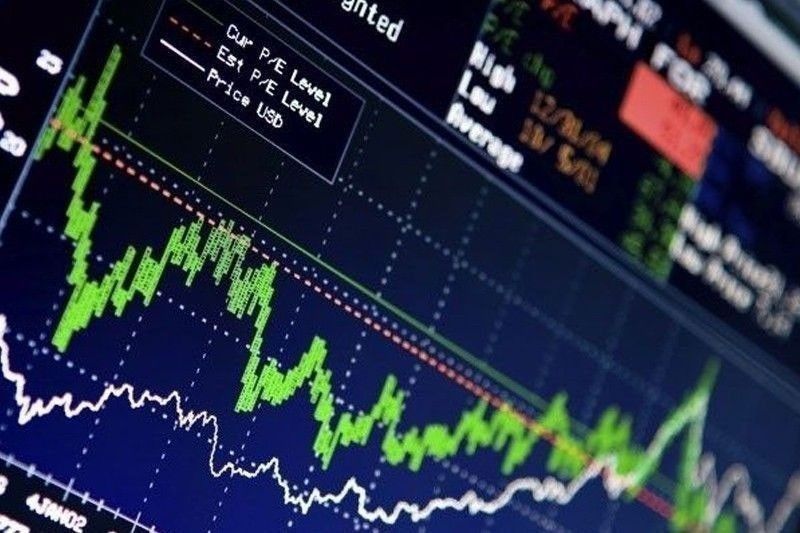Hawkish central banks bring down Asia stocks anew

MANILA, Philippines — Stocks in Asia’s emerging markets fell sharply yesterday on concerns over persistent hawkish talk from central banks and consequent worries about global recession, while most currencies sighed after the US dollar took a step back from its dominant rally.
The bellwether Philippine Stock Exchange index (PSEi) ended at 5,741.07, losing 193.18 points or 3.26 percent. This was the main index’s lowest level in 25 months.
The broader All Shares index, meanwhile, spiraled down to 3,107.90, a drop of 82.98 points or 2.60 percent.
Total value turnover reached P6.693 billion. Market breadth, however, was positive, 154 to 51, while 37 issues were unchanged.
“US Treasury yields continue to rise with the Federal Reserve remaining hawkish. Negative cues from the performance of the US markets overnight affected the local bourse as well,” Philstocks Financial said in a note.
The selloff in stocks resumed mainly after Fed officials gave no indication that the central bank would change plans to aggressively raise interest rates to slow down inflation.
“Inflationary concerns also returned to the forefront with Fed officials opining that they were still not even in restricted territory in the fund rate” and that they have to bring real interest rates to positive territory and hike it there for some time,” OCBC analysts said in a client note.
Currencies in the region got some respite after the greenback paused its rally despite hawkish Fed talk, and after Reuters reported that China’s central bank asked major state-owned banks to be prepared to sell dollars for yuan in offshore markets to stem the Chinese currency’s descent.
The peso ended stronger yesterday, gaining 34.5 centavos to 58.625 to a dollar.
Dollar-selling and yuan-buying could put a floor under the Chinese currency, which has lost more than 11 percent to the dollar so far this year and looks set for its biggest annual loss since 1994, when China unified its official and market rates.
- Latest
- Trending

























